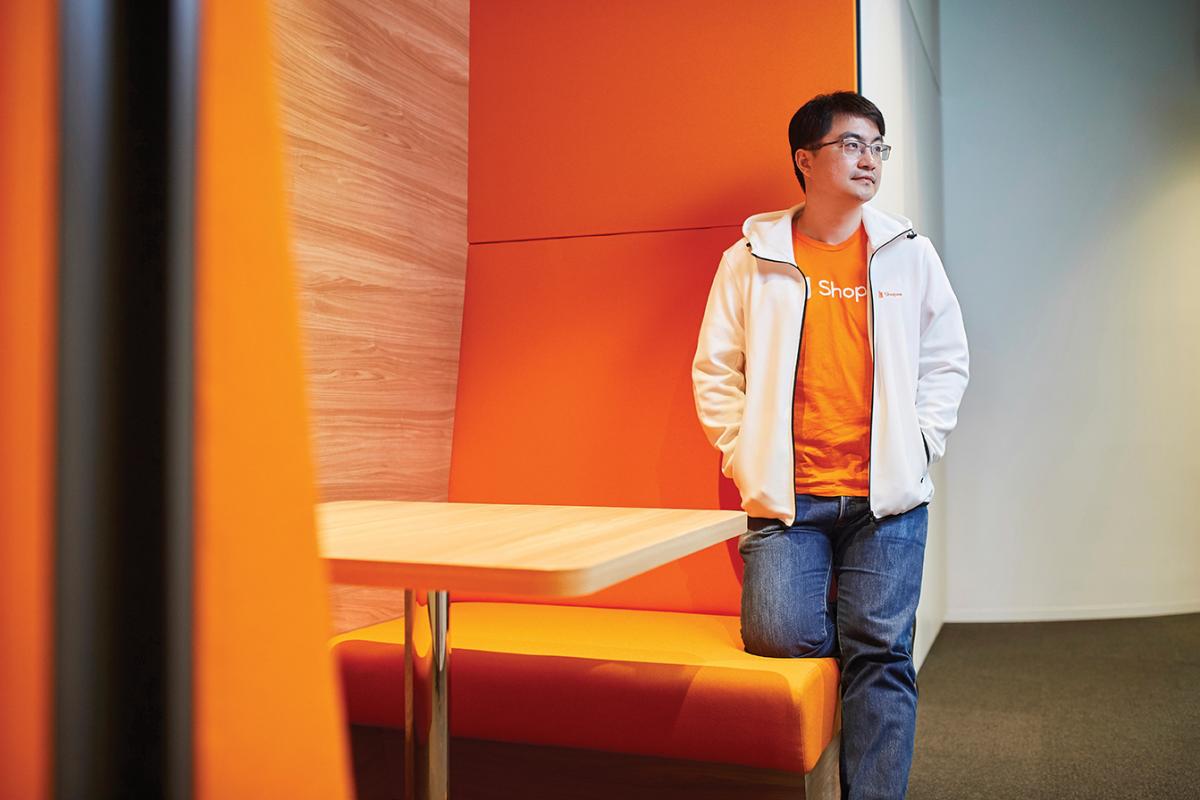Inside Shopee’s journey from startup to retail sensation
In Leaders Talk HR, HRM Magazine Asia sits down with C-suite movers and shakers to talk HR and leadership.

Junjie Zhou, Chief Commercial Officer of Shopee, met with the founders of what was then the predominantly online gaming business Garena in 2010, and says he was inspired and captivated by their vision and strategy. He switched over from a promising career with local stevedore PSA Corporation to work in any way the young company required.
Zhou had responsibility for Garena’s channel sales in Singapore, before relocating to head up the company’s Indonesia operations.
It was during that two-year stint that a relatively new business began to gather speed within the Garena portfolio. Shopee is a mobile-focused trading platform, or “social marketplace” that connects buyers and sellers with each other as well as secure payment and logistical support.
Founded in Singapore, it offers a truly local Southeast Asian mobile shopping experience, and both users and investors have flocked to it over the last few years. Zhou too has made the switch, and has led the commercial operations of Shopee Singapore since October, 2015.
Rapid growth at rapid speed
Shopee has grown from a team of 10 in Singapore to more than 200 employees in under two years. Could you talk us through the scaling-up process? What were some of the key challenges?
For our business alone, and for the group itself, we always experienced very rapid growth. So the challenge was how do we keep it up? How do we continue to support the growth? We always say people are the most important assets and so on, and we have really placed a lot of emphasis on getting the right people.
For Shopee itself we first tried to find a few senior level members by going to the industry and seeking out like-minded people with proven experiences and a track record. They could have been from a Tokyo consulting background as well as people who had worked in the eCommerce industry for a while.
Being part of the Sea Group, we’re definitely also able to tap onto some of the existing resources we have. So from there we formed a core group but at the same time we needed a lot of aspiring young talent, so we have been very aggressively in hiring fresh graduates or people who have worked for just one to two years.
That has led to around 90% of Shopee’s employees being millennials. How do you lead such a young workforce?
First, we need to understand what the millennials want. If I’m talking to them, I think they care about a few things, such as whether they are joining a company which will give them enough opportunities to learn. They want to feel growth in a company.
Second, they want to feel that they’re doing something meaningful and they’re making an impact. So I think we really take care of some of these aspects. For example, we make our structure very fair, and we make the environment very open, so as to always encourage collaborations.
The young people all have their chance to voice out their opinions, and even the senior members will have direct interactions with all of the lower level recruits.
The third thing is we place a lot of emphasis on growth and learning and development. We have the Shopee Academy. We design a very structural programme for various levels of employees.
Development, design, and disruption
Is the Shopee Academy open to any employee?
Yes. It is part of the full employee journey. When they first come in, we have a very structural onboarding programme. They are introduced to Shopee itself and they get to know about the various functions and some of the key people there. So they have a very good understanding first.
Then, we have various training sessions. They could be either internal or external courses, of which we also have different levels. We actually pay external trainers to bring people the knowledge they need, and even fly them from outside of Singapore.
The trainer usually delivers the programme in Singapore but the people could be from different parts of Shopee around the region.
Shopee’s new office in Singapore was named one of Asia’s most effective workspaces last year. Can you speak about the design planning that went into it?
We looked at three things: connectivity, collaboration, and community.
Connectivity is about, as you can see, our office being open and interconnected. For Shopee, we are connecting sellers and buyers as a single platform. That’s the idea behind the office as well.
For collaboration, we make the office the same, very open. There are collaboration areas. There are discussion areas. People can just talk to each other. We want to foster this kind of open communication. We want ideas to flow around.
The last thing is community. If you go to our pantry you can see we have some activity areas where people can actually rest or recharge themselves, and it’s also an area for them to talk to each other and build that community spirit.
We hear the word ‘disruption’ so much. How would you define disruption from Shopee’s perspective?
Disruption is something that’s different; something that changes people’s lives and habits. So if you’re talking about e-commerce, it’s about how people shop. From going to a brick and mortar shop, to now going online to buy.
It’s not something that you can avoid. It happens because people feel there is a value to changing the way that they do certain things.
At Shopee, we need to make sure that we ride on the trend. And we need to definitely embrace the disruption.



